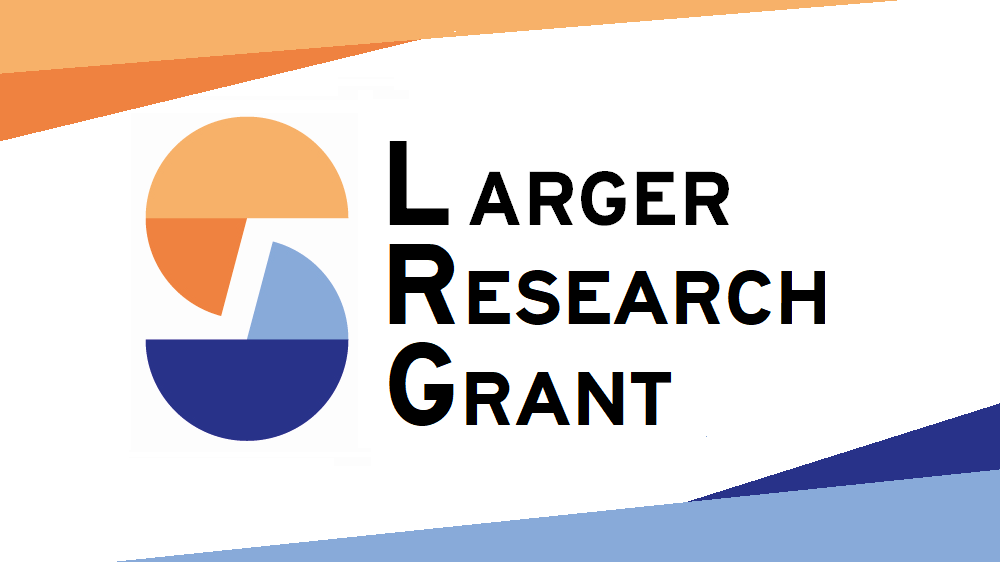The diffusion of new technologies is critical for economic growth and it is key to reconcile large cross-country income differences. Moreover, the literature has long recognised the presence of spillovers, whereby the probability that an agent will adopt a new technique is an increasing function of the proportion of agents already using it. Such complementarities create a role for policy to improve outcomes. Progress in this important research area has so far been hindered by a lack of detailed data on technology diffusion and by the challenges that arise when modelling adoption dynamically. This project seeks to overcome these challenges in studying the adoption of technology around payment methods, and financial inclusion.
The research team develop a dynamic model of technology adoption featuring strategic complementarities: the benefits for users increase with the number of adopters. Their goal is to characterise the process of learning and derive predictions on the role of strategic complementarities. They then use detailed data on the diffusion of electronic payment methods and user networks to quantify these complementarities. They analytically solve for the dynamics following a small shock, and numerically solve for the global solution and for the social planner's optimal subsidy. The team then applies the theory to the gradual adoption of SINPE Mobile, an electronic means of payment developed by the Central Bank of Costa Rica. Exploiting a natural experiment that led to a large reduction in interchange fees on payment card services, they study the impact of the new regulation on merchant acceptance, transaction volumes, and prices, and the presence of strategic complementarities on the adoption payment terminals by merchants.
The context and accompanying data are unique and one of the main reasons to choose Costa Rica as the project’s setting. However, the results speak directly to the potential benefits of adoption and diffusion of electronic payment methods in other developing countries, such as greater financial inclusion, reduced crime, and less tax evasion. As well as the Costa Rican stakeholders, policy-makers that rely on mobile money elsewhere could use results from this project to guide future decisions. In the case of SINPE, this research identifies the potential gains of subsidising the adoption of electronic payment methods at a national scale, in a setting where strategic complementarities exist. In the case of credit card commissions and fees, the research outlines the effects of establishing maximum prices on the fees that banks charge to terminal users. The project also identifies whether former prices reflected market power from the banks, and whether the policy was optimal to begin with.
















































